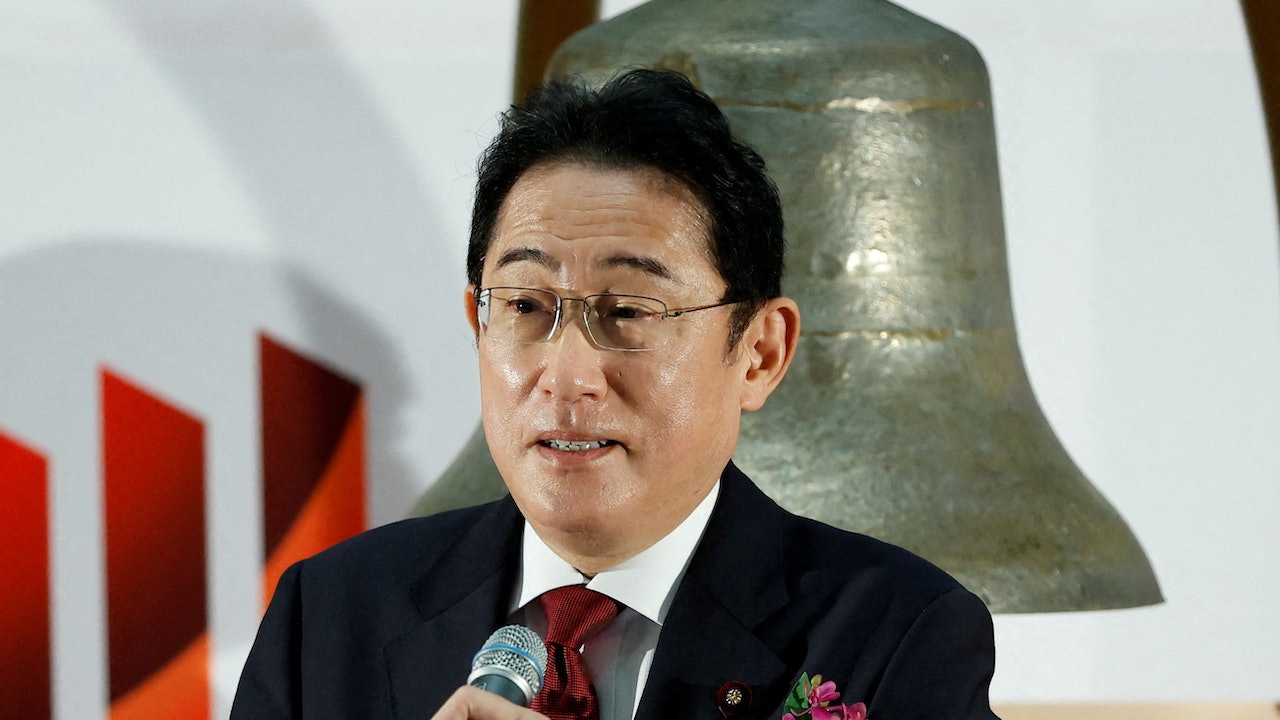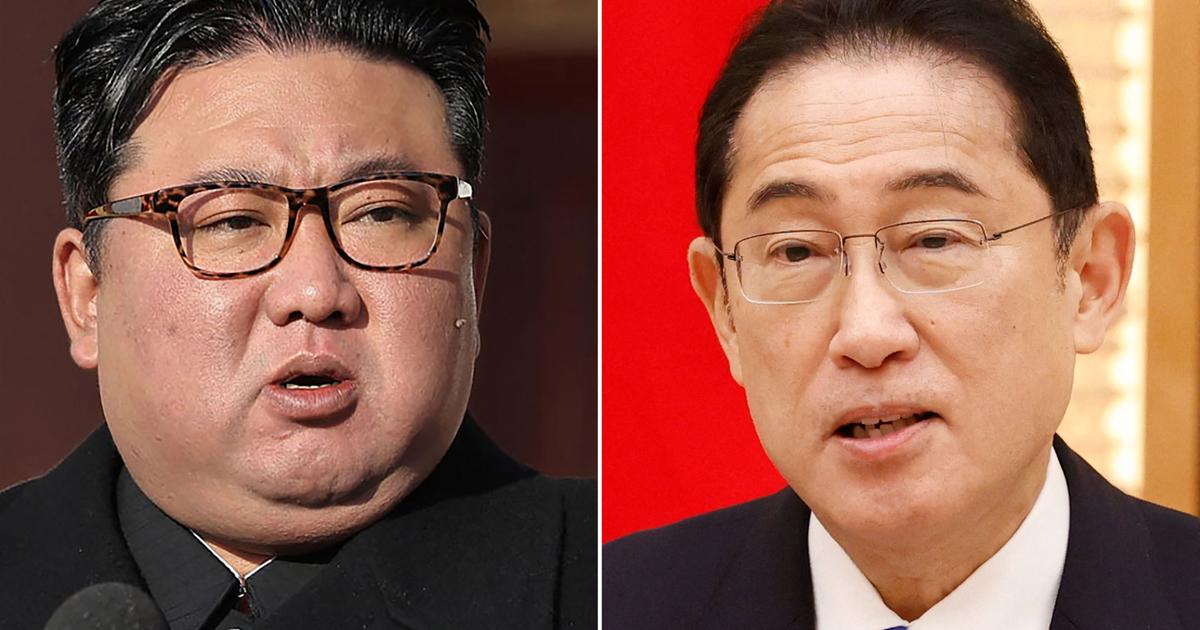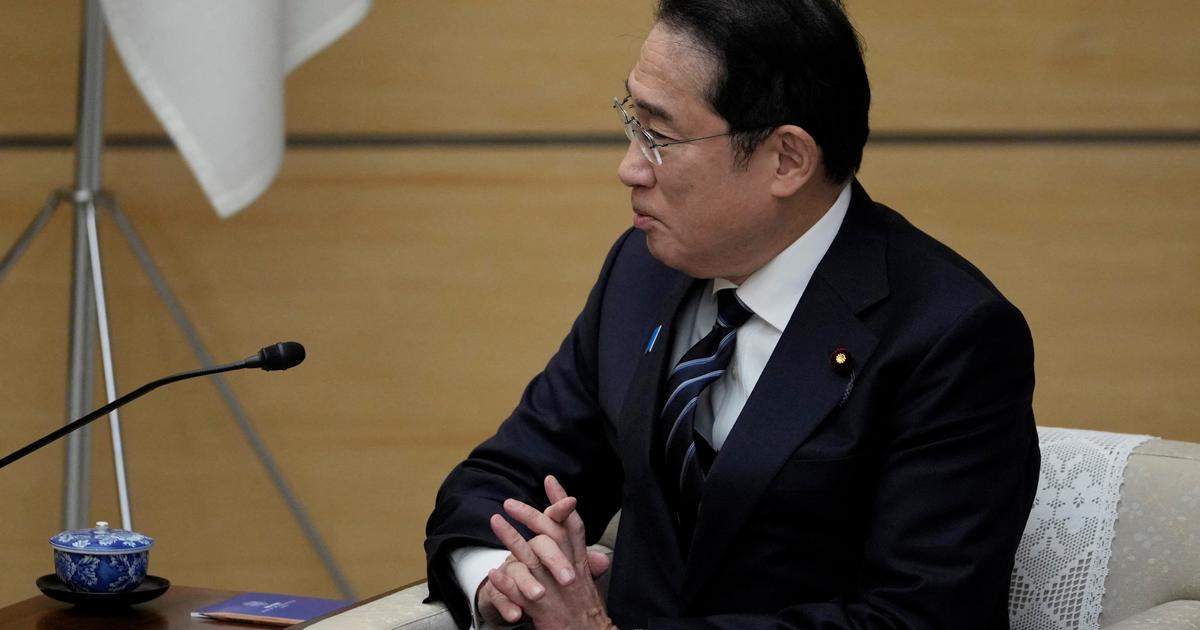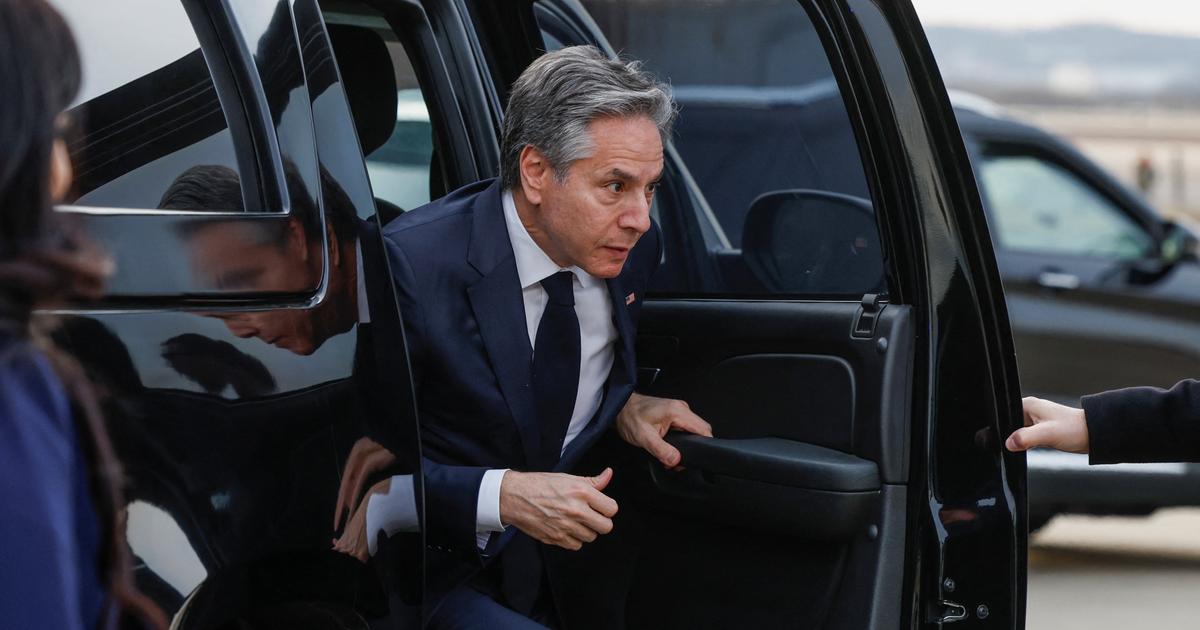On the grounds of responding to the "most severe and complex" security environment since World War II, Japan revised the three major security documents of the national security strategy, including the "National Security Strategy", "National Defense Strategy" and "Defense Force Preparedness Plan" in December last year , the document describes China as the "biggest strategic challenge" ever, dramatically increased defense spending from 1% of GDP to 2%, and assumed a greater military role in the alliance with the United States, allowing the Self-Defense Forces to have a "counterattack" ability".
In the recent "2+2" talks between Japan and the United States, China has continued to be an important target of joint containment by Japan and the United States, and it can even be said to be the only target (North Korea and Russia are generally considered to be accompanying roles in the talks), The two sides reaffirmed China as the "biggest strategic challenge" and believed that China poses an unprecedented threat to the international order.
In addition to agreeing to the US stationing the Marine Corps Littoral Combat Regiment in Okinawa, Japan also purchased Tomahawk cruise missiles with a range of up to 2,500 kilometers from the United States to deploy in Japan, and expanded the terms of the mutual defense treaty to the space domain.
The P-1 jet-type anti-submarine sentry aircraft operated by the Japan Maritime Self-Defense Force can also carry anti-ship missiles to carry out attacks.
(Wikipedia public domain)
At the same time, Fumio Kishida paid intensive visits to five European and American countries including France, Italy, Britain, Canada, and the United States.
In the talks with relevant countries, the issue of China has become a key issue repeatedly mentioned by Kishida, which seems to mean traveling around countries to seek "cooperation" against China.
Especially in the diplomatic itinerary of the United Kingdom and the United States, it fully exposed the strategic purpose of Kishida's trip.
In the UK, Kishida and British Prime Minister Xin Weicheng signed the "Japan-UK Mutual Access Agreement", allowing the two sides to deploy armed forces on each other's territory, making the UK the first European country to sign a similar agreement with Japan, formally integrating European forces militarily. Introduced into East Asia, the British government even called this agreement "the most important agreement since 1902 (the Japan-British Alliance)".
Prior to this, Japan had reached a mutual access agreement with Australia.
The oil tanker HMS Sirius of the Royal Australian Navy is resupplying at sea for the Hyuga-class DDH-182 Ise helicopter destroyer of the Japan Maritime Self-Defense Force.
(United States Pacific Fleet)
Kishida's approach of "bringing Europe into Asia" aims to seek psychological security and national security by introducing European forces to check and balance China. At the same time, he cooperates with the United States to complete the strategic containment of China, break through the pacifist constitution, and move toward a so-called "normal country."
In the United States, during the talks between Kishida and Biden, the issue of China was also a top priority.
During the meeting, Biden praised Japan's historic increase in defense spending and pledged to cooperate closely on economic and security matters.
Kishida, for his part, thanked the United States for its efforts in regional security, saying that "Japan and the United States are facing the most challenging and complex security environment in modern history" and that Tokyo would "ensure regional peace and prosperity."
The two said in a subsequent joint statement that the Indo-Pacific region is facing more and more challenges, and China is the biggest challenge among them.
Regarding the Taiwan issue, Fumio Kishida and Biden also emphasized: "Our basic position on the Taiwan issue has not changed, and we reiterate that maintaining peace and stability across the Taiwan Strait is an important and indispensable factor for the security and prosperity of the international community."
Fumio Kishida then further stated in his speech at the Johns Hopkins University School of Advanced International Studies in Washington that China is the "core challenge" for Japan and the United States, and believes that Japan, the United States and Europe must take concerted action in dealing with the China issue.
The international media have described Japan's military expansion as "dramatic military changes" and farewell to "pacifism", and believe that "these strategic changes are the latest and most important step in Japan's building a stronger military power." China is now This is where the blade of these changes is headed.
Japanese Prime Minister Fumio Kishida held a press conference in Washington on January 14, explaining the results of his visits to European and American countries.
(Reuters)
These changes are led by the United States. In the struggle for geopolitical power with China, the United States needs a more powerful Japan in the military to play a forward role to contain China, just as it once united with China to contain the Soviet Union.
At the same time, Kishida, who served as foreign minister for four years in Abe's cabinet, is also a strong promoter of these policies. Like Abe who was assassinated last year, he hopes to use this as a way to speed up Japan's becoming a "normal country."
What's more dangerous is that surveys show that more than half of Japanese people now support Japan's military strengthening. This figure has changed the social foundation of Japan's pacifism after the war, and it is still rising compared with a few years ago.
Changes in public opinion, official wishes, and the support and promotion of the United States are ruining the pacifist line that Japan has adhered to for many years after the war.
Fumio Kishida: East Asia may become the next Ukraine. Fumio Kishida: China and Japan should establish a dialogue. There is currently no summit plan for the US-Japan summit. Fumio Kishida: Properly handle the issue of semiconductor export restrictions. Fumio Kishida says China is The core challenge Japan will jointly deal with with Europe and the United States














